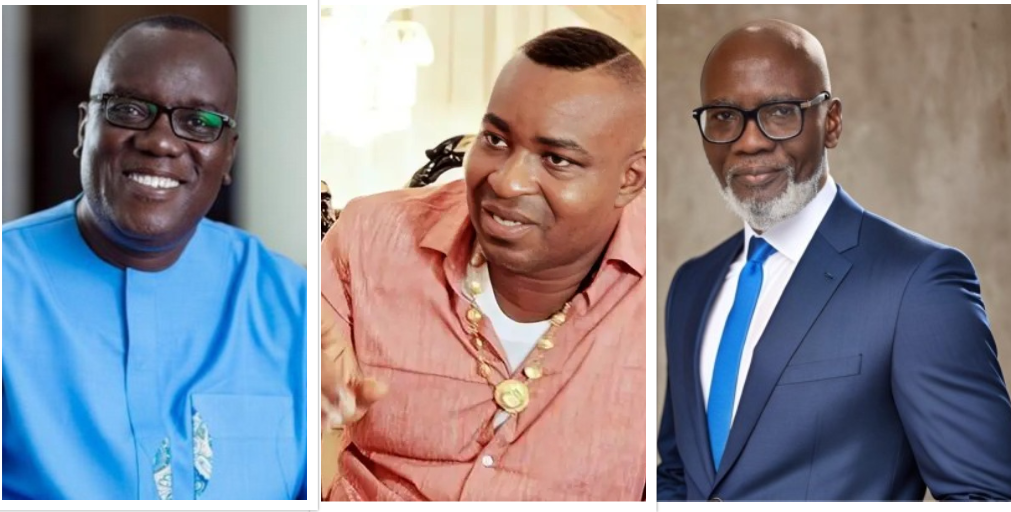Investigative Journalist Unpacks How Politicians Turned Forests Into Craters, and Water Into ‘Toxic Solution’
By Gifty Boateng
The New Patriotic Party’s (NPP) moral authority in the fight against illegal mining galamsey is under renewed scrutiny following explosive revelations by investigative journalist Erastus Asare Donkor.
In a detailed exposé aired on Nhyira FM, Donkor accused senior NPP figures of orchestrating the earliest incursions into Ghana’s protected forest reserves, notably the Apamprama Forest, under military escort and without legal permits.
The allegations, if substantiated, cast a long shadow over the party’s public posture on environmental protection and its calls for drastic measures—including a state of emergency to combat galamsey under the current administration.
Forests Under Siege
The Apamprama Forest Reserve, a 35km² ecological sanctuary established in 1952, became ground zero for illegal mining activities in 2018 barely a year into the Akufo-Addo administration.
According to Donkor, the late Kwadwo Owusu Afriyie, popularly known as Sir John and then head of the Forestry Commission, led the initial breach into the forest under the guise of reclamation. No prior mining had occurred in the area, making the reclamation claim untenable.
Donkor alleges that Sir John entered the forest with over 30 excavators, flanked by armed soldiers, and commenced mining operations.
He was reportedly joined by Donald Atuah and later by Heritage Imperial, a company implicated in the controversial galamsey report authored by former Environment Minister Prof. Kwabena Frimpong-Boateng.
The report named Gabby Asare Otchere-Darko, cousin to President Akufo-Addo, as legal counsel to Heritage Imperial.
Political Protection and Legal Evasion
Despite the government’s launch of Operation Vanguard to combat illegal mining, Donkor claims that excavators seized during raids were returned to the forest under Sir John’s directive. “They destroyed trees that had stood for over a century,” Donkor said, adding that half of the forest is now riddled with mining pits.
Drone footage and field reports compiled by Donkor and his team some of which are publicly available document the scale of devastation.
Yet, he says, these reports were ignored by authorities. When pressed for documentation, NPP’s Aowin constituency chairman, Addison, reportedly failed to produce a mining license.
Electoral Calculus and Environmental Collapse
The journalist further alleges that the destruction continued unabated through 2024, with party insiders admitting that halting galamsey operations would jeopardize electoral prospects. “They said stopping it would cost them the election,” Donkor revealed.
In 2023, Donkor witnessed fresh incursions into the Tano Anwia forest in Aowin, involving NPP executives and Chinese nationals. The Bo and Boi Tano rivers, along with the Offin Shelterbelt, also suffered extensive damage during this period.
A Pattern of Impunity
Donkor’s account paints a picture of systemic impunity, where political connections shield perpetrators from accountability. His team faced threats, arrests, and intimidation from unlicensed operatives while documenting the destruction.
Despite accolades including Ghana Journalist Association’s Journalist of the Year Donkor says his warnings have largely fallen on deaf ears.
The revelations raise uncomfortable questions about the politicisation of environmental governance in Ghana. With forests the size of Kumasi reduced to wastelands, the cost of silence may be ecological collapse.


